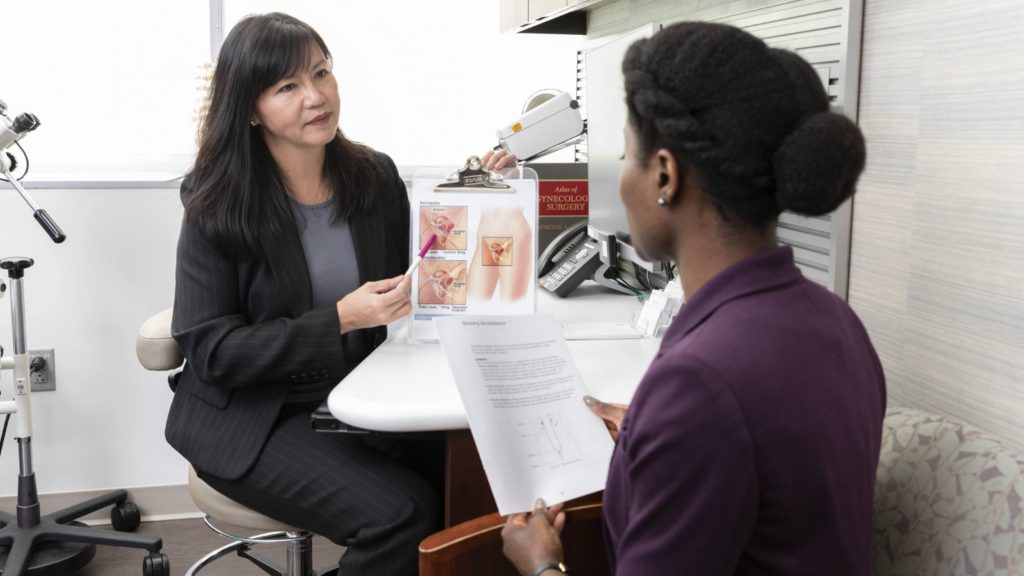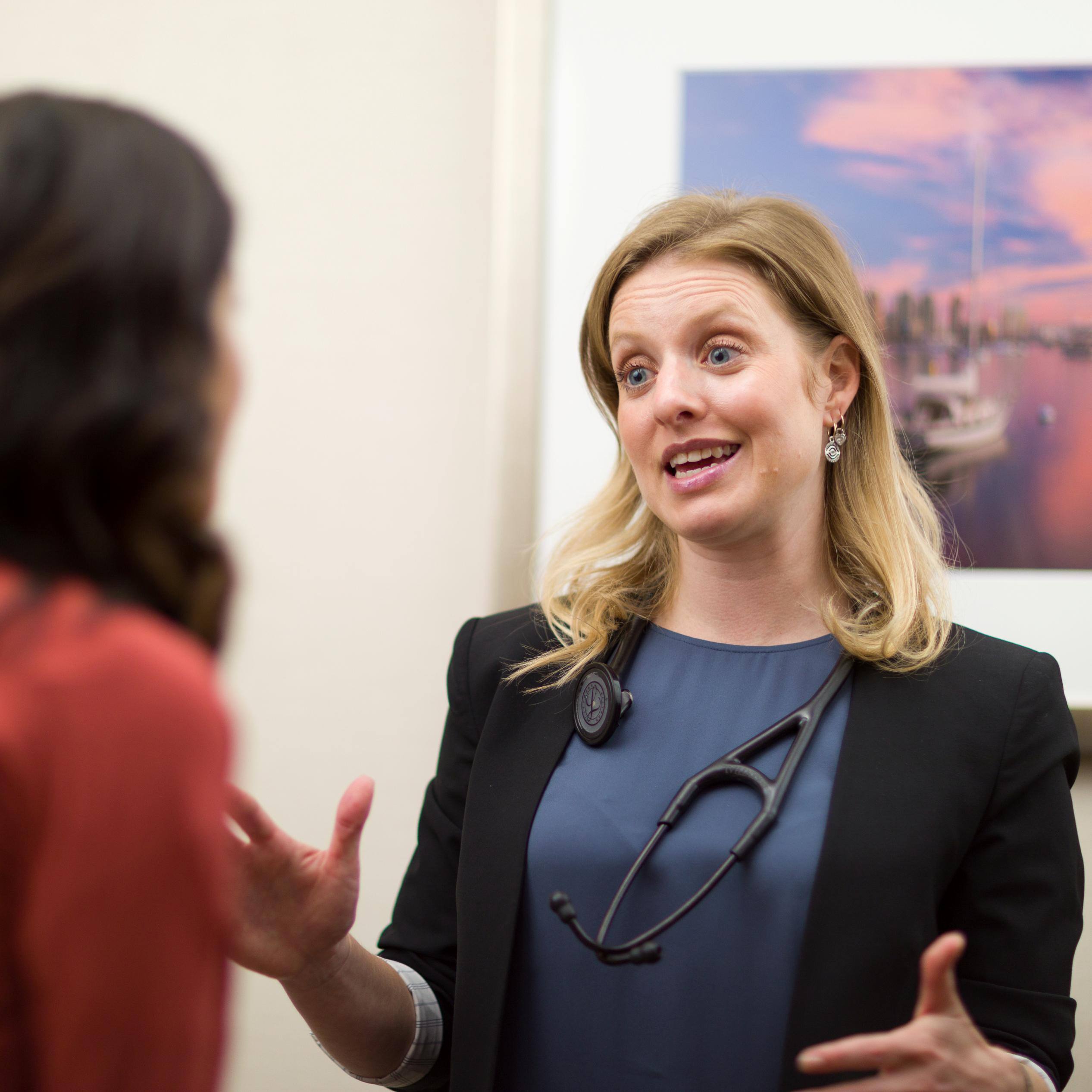-
Women’s Wellness: Cervical cancer screening guidelines updated

Cervical cancer used to be one of the top causes of cancer for women in the U.S. But over the past decade, rates have been declining. As a result, the American Cancer Society recently updated its guidelines about when women should begin screening.
The updated guidelines recommend that women begin regular cervical cancer screenings with an HPV test only starting at 25, which is a few years later than previously recommended. Subsequent screenings should be performed every five years through 65. Alternate strategies suggest that women undergo a Pap test only by 21, and both a Pap test and HPV test starting at 30. Subsequent testing should be based on the results and the testing strategy adopted by the patient and her health provider.
Watch: Mayo Clinic Minute on cervical cancer screening.
Journalists: Broadcast-quality video pkg (1:00) is in the downloads at the end of the post. Please "Courtesy: Mayo Clinic News Network."
"Cervical cancer is a preventable cancer, which we have the potential to eradicate through screening tests and then also with the HPV vaccine," says Dr. Tri Dinh, a Mayo Clinic gynecologic oncologist.
Over 90% of cervical cancer is caused by HPV. More than 80 million people are estimated to have been exposed to HPV.
An HPV test, which became available as a part of screening for cervical cancer in 1999, can determine if you have been exposed to the virus, compared to the Pap test, which has been used since the 1940s to identify abnormal cells on the cervix.
"Both tests have value with respect to screening for cervical cancer, but strategies for preventing cervical cancer and guidelines may vary based on age, risk and other factors, says Dr. Dinh. "It's important to talk with your health care provider about options. Regardless of which screening approach you select, choose one and follow it."
Dr. Dinh also reminds that the HPV vaccine is a great preventive measure to cervical cancer. "The majority of people get exposed to HPV in their late teens or early 20s, so that is why early immunization such an important prevention measure," he says.
The vaccine is approved for boys and girls, beginning at age 9.







